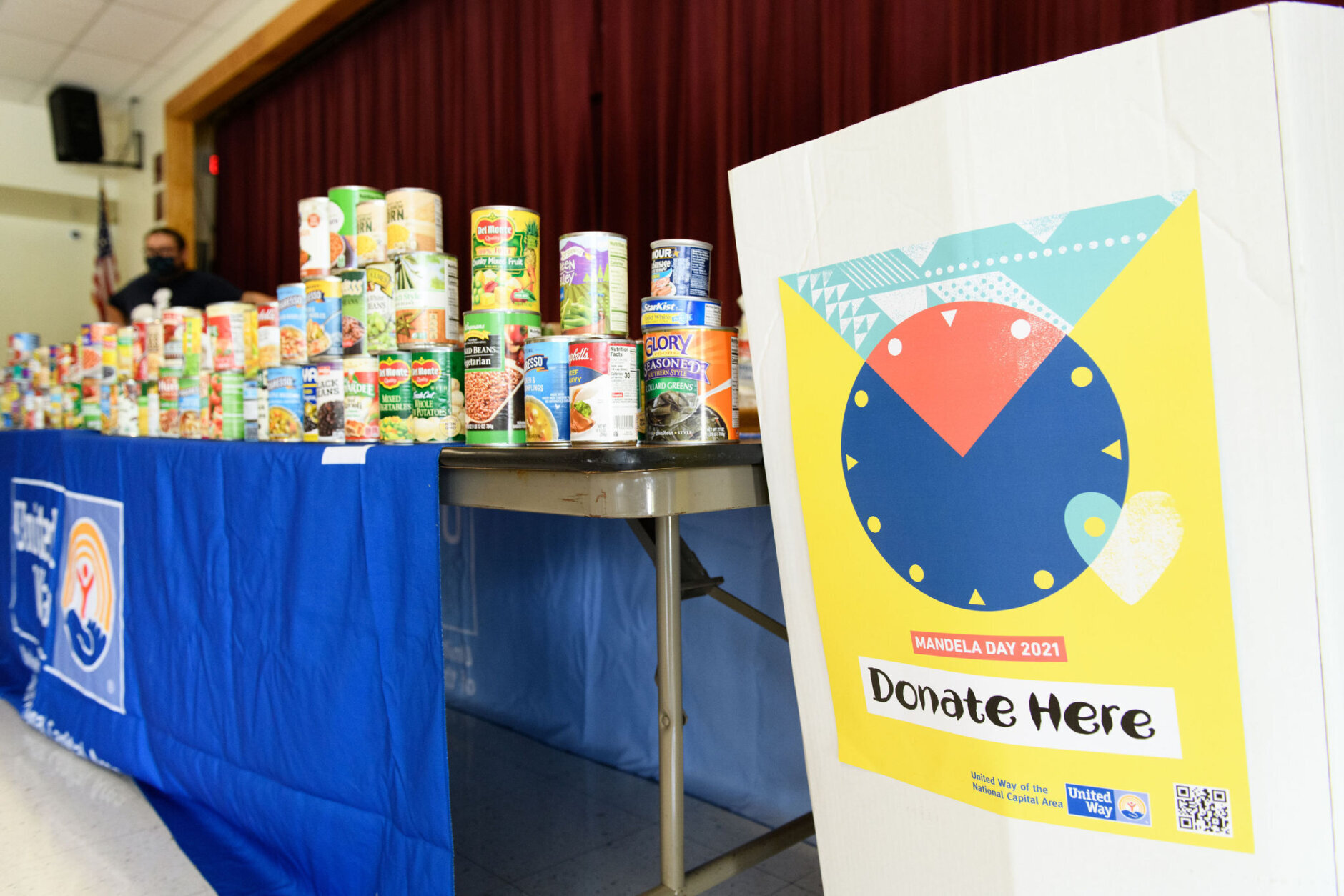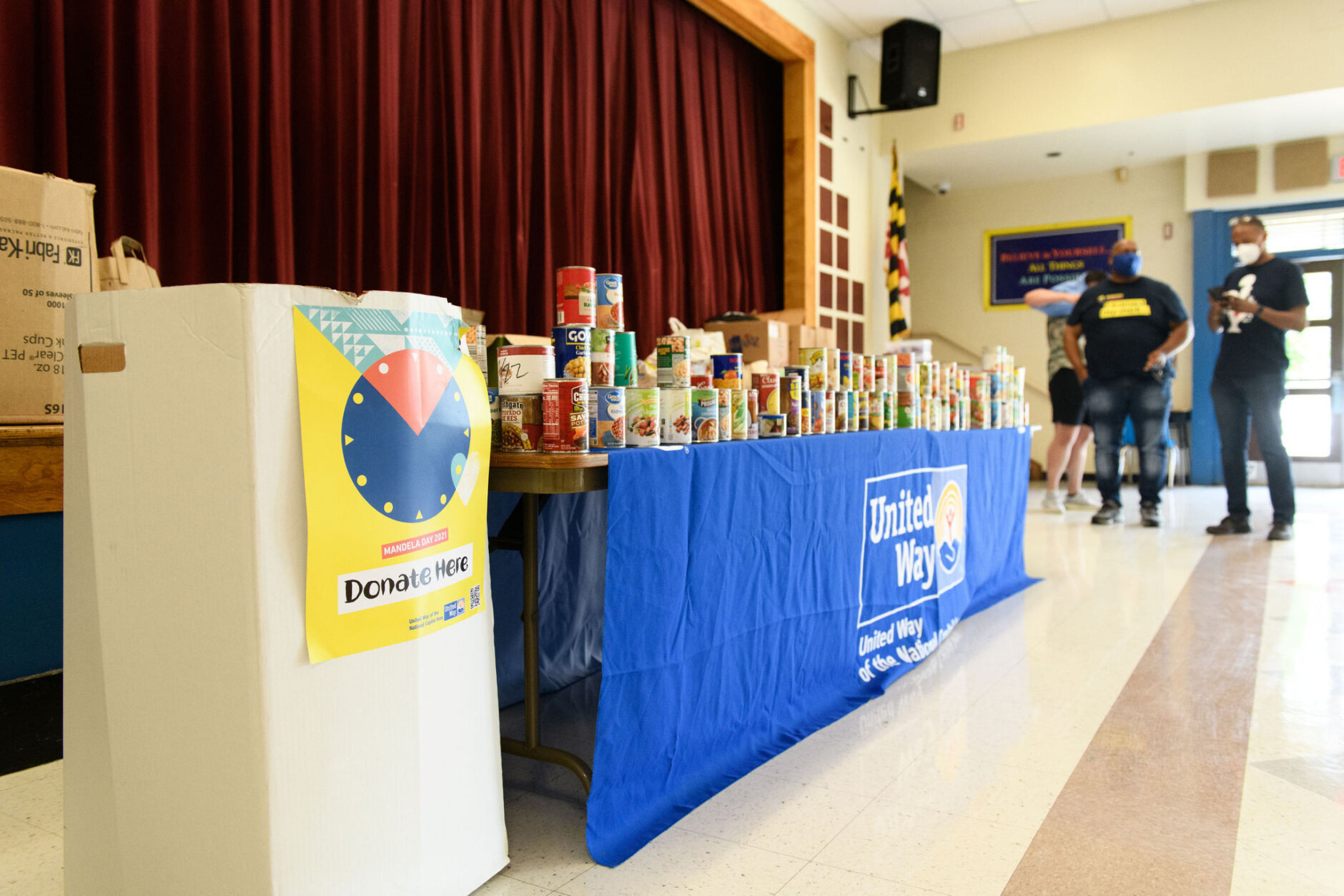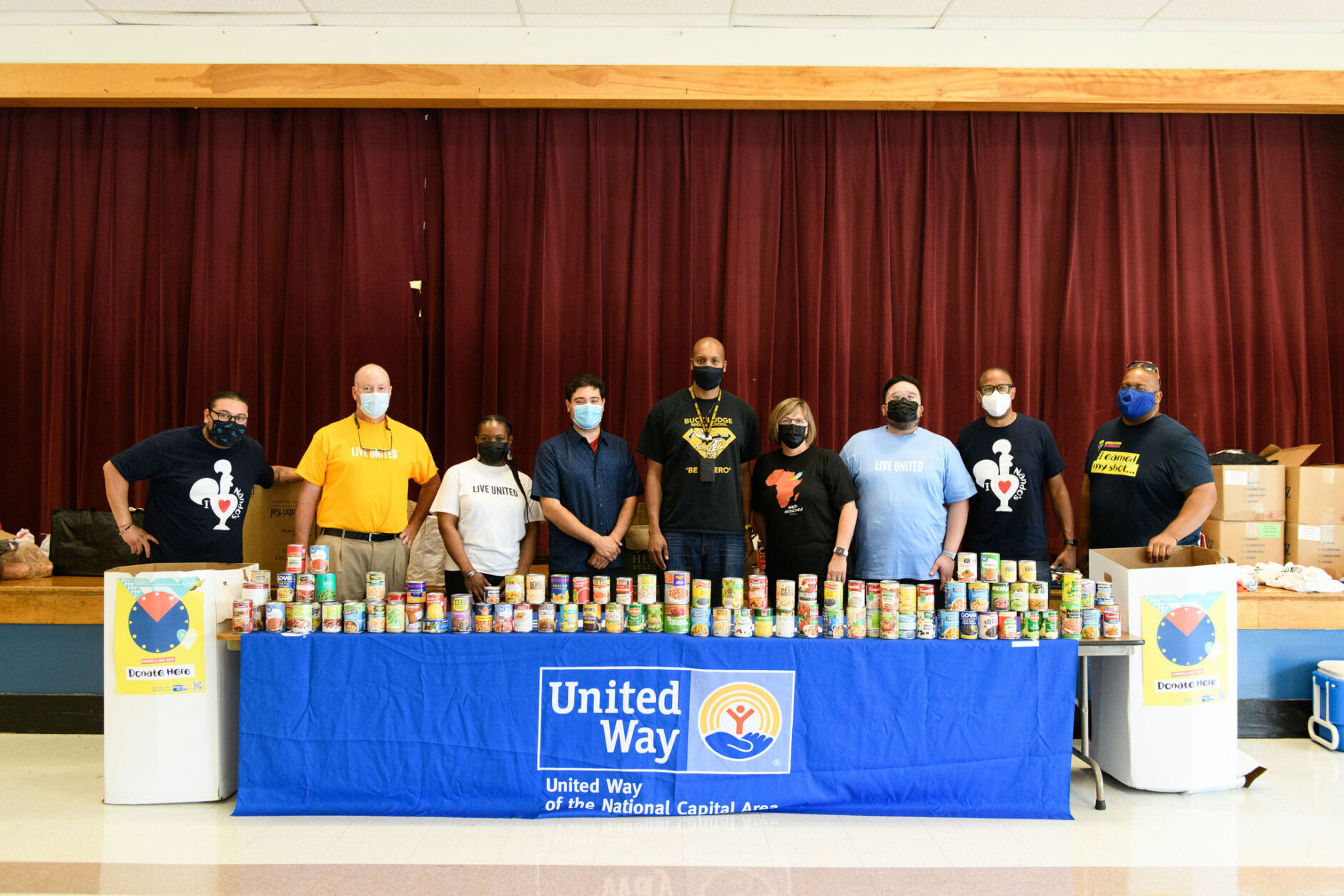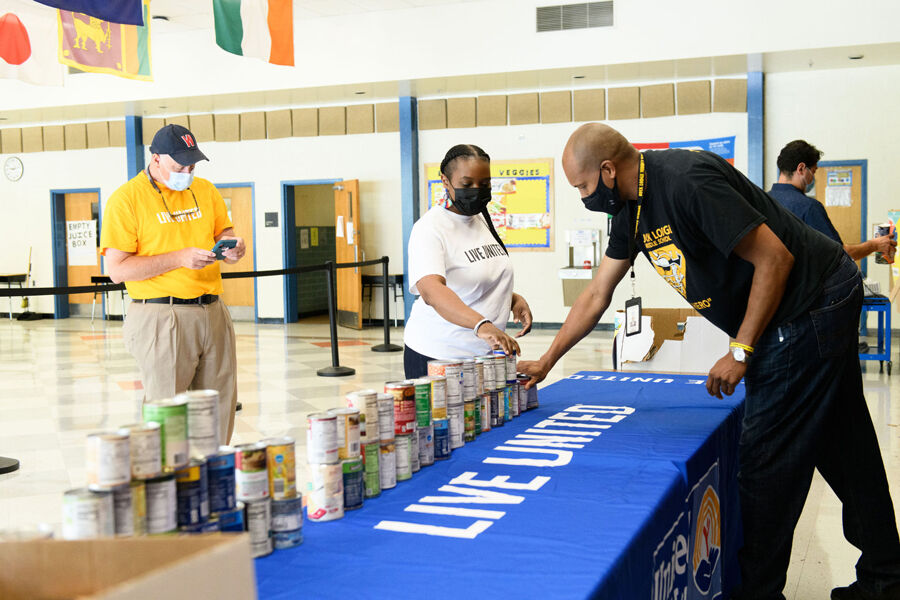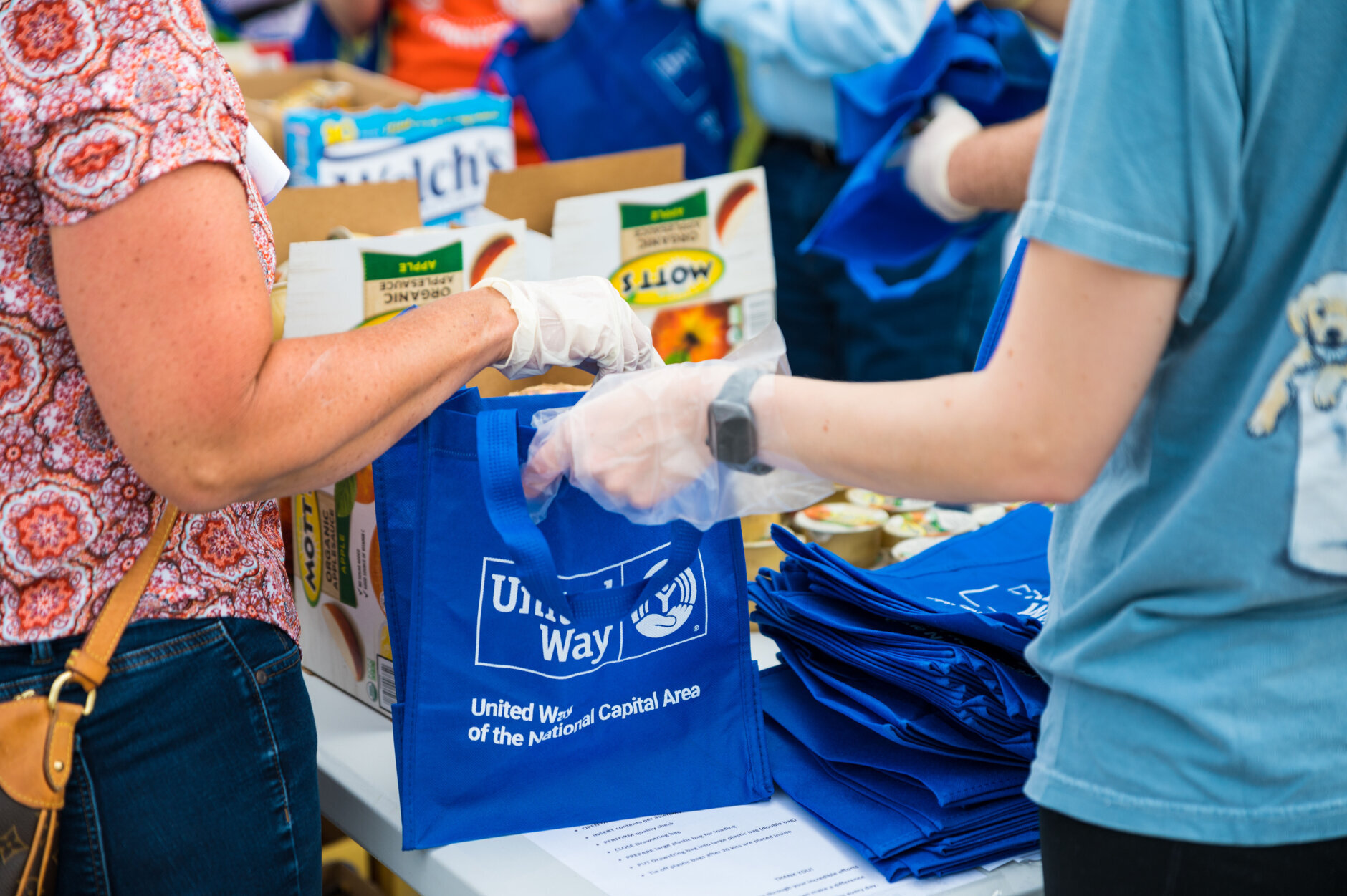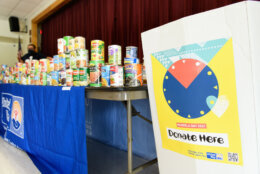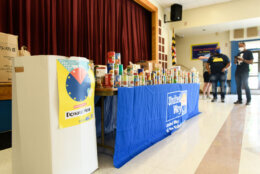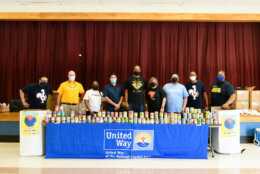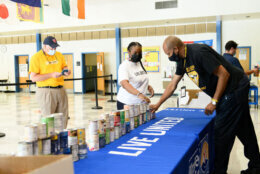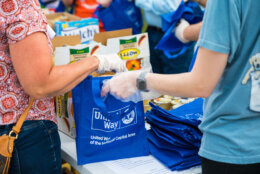This content is provided by United Way of the National Capital Area.
This season is often filled with images of happy families, festive gatherings and bountiful meals.
In truth, the holidays can be the most challenging time of year for our struggling neighbors.
When families face extra strain on their budgets and scramble to pay necessities like rent, utilities and health care expenses, often the first to get cut is money for food and groceries.
Food insecurity was already a glaring problem throughout our region before the pandemic, and now the issue has been compounded. The statistics are staggering:
- 1 in 9 people, including 1 in 7 children, face hunger in Maryland.
- In Virginia, 45% of households receiving SNAP benefits have children.
- DC has the highest rate of food-insecure children in the country, where 19,250 children regularly face hunger.
For those living paycheck to paycheck, one emergency or lifechanging event can put them on the brink of hunger. This is especially true for the ALICE (Asset Limited, Income Constrained, Employed) population, a growing number of individuals and families who are working but unable to afford basic necessities. The repercussions of food insecurity extend into all other aspects of their lives by affecting their health, performance at work or school and their overall ability to succeed. Without enough to eat, people—and communities—cannot thrive.
Your United Way understands the devastating effects of food insecurity, and we are uniquely positioned to address both the immediate needs of our community and offer the resources for long-term change. Through our Weekend Hunger Backpack Program, we provide food-insecure students with backpacks filled with nutritious, easy-to-prepare meals for themselves and their families. Hungry children are more likely to feel fatigued, fall behind in mental and physical development and face behavioral difficulties. Giving students the healthy meals they need to learn and grow, keeps them focused and on a path to success.
Through our annual Project Community Connect, we collaborate with community partners to offer essential services to those at risk of or experiencing homelessness, as well as the region’s ALICE population. “We need the partnership of United Way NCA to help fill really critical gaps. This is the glue that keeps our work together,” says Christy Respress, executive director of Pathways to Housing DC. With the help of Pathways to Housing DC, and many other organizations, United Way NCA distributed 6,531 essential kits—including 1,012 healthy food kits—across Maryland and Virginia during this year’s week-long event.
Our community partners also work with our Financial Empowerment Centers to assist food-insecure clients. When individuals are well-nourished, they are better prepared to seek new ways to advance their careers and achieve greater financial stability. By connecting these underserved populations to vital resources, we give them a fair chance to live fuller, healthier lives.
It’s clear that food insecurity impacts the health, education and economic opportunity of residents throughout the National Capital Area, and it’s up to us—our community—to find the means to help. As most of us look to regain some normalcy this holiday season, there will still be far too many people who are left behind. Together, we can offer them a path toward a more equitable future.
Change starts today. Join us in helping to transform lives in the National Capital Area at unitedwaynca.org/endhunger.
